Bobby Moore
Bobby Moore is undoubtedly one of the best defenders in the history of football. He already had everything of the modern defender in the 60s, speed, technical quality, vision and quality of passing, with this defensive ease.
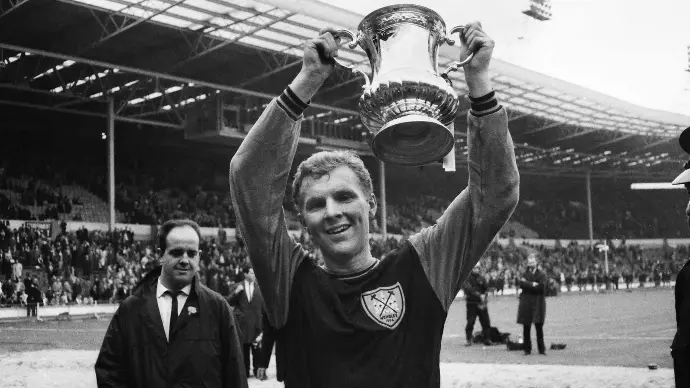
Trophies
Goals
Games
1958/74 West Ham (ENG) 647 games, 27 goals
(English Premier League: 544 games, 24 goals)
(English Cup: 36 games)
(English League Cup: 49 games, 3 goals)
(Charity Shield: 1 game)
(Texaco Cup: 1 game)
(Southern Professional Floodlit Cup: 3 games)
(UEFA Cup Winners' Cup: 13 games)
1974/76 Fulham (ENG) 103 games, 1 goal)
(English Premier League: 84 games, 1 goal)
(English Cup: 13 games)
(English League Cup: 6 games)
1976 San Antonio (USA) (loan) 24 games, 1 goal
1976/77 Fulham (ENG) 47 matches
(English Premier League: 40 matches)
(English Cup: 2 matches)
(English League Cup: 5 matches)
1978 Seattle Sounders (USA) 7 matches
1978 Herning Fremad (DAN) 9 matches
With the National Team :
108 caps, 2 goals
(Friendly matches: 48 caps, 2 goals)
(World Cup qualifiers: 3 caps)
(World Cup: 14 caps)
(Euro qualifiers: 17 caps)
(Euro: 2 caps)
(British Home Championship: 30 caps)
1st cap: 20 May 1962 against Peru (4-0)
Last cap: 14 November 1973 against Italy (0-1)
U23: 9 caps, 2 goals
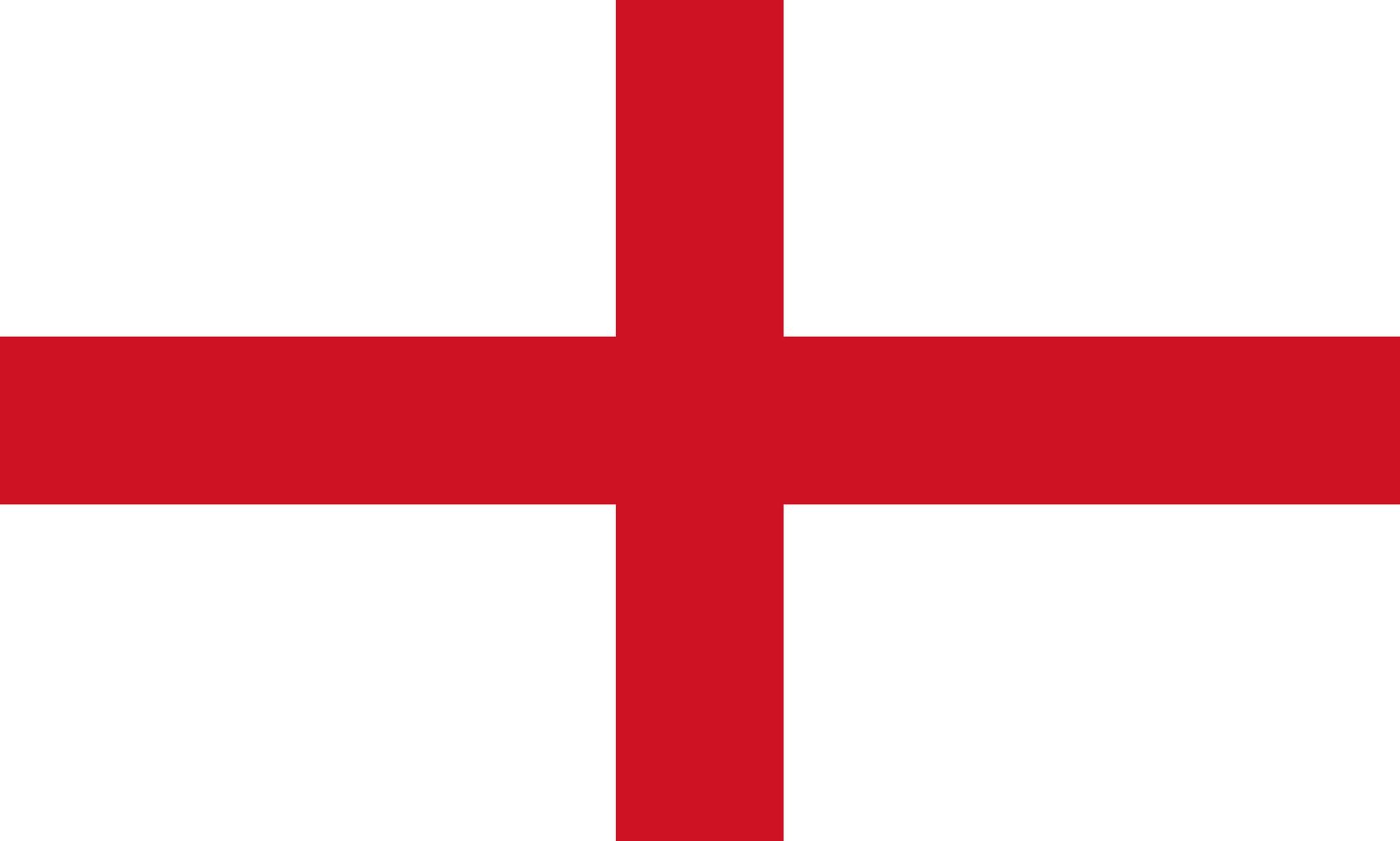
Robert Frederick Chelsea Moore
Born April 12, 1941 in London (ENG)
Died February 24, 1993 in London (ENG)
English, Center-Back/Libero, 1m78
Nickname: Bobby
The leader of a legendary West Ham
Bobby Moore was born on April 12, 1941 in London, England. He joined Wast Ham in 1956 when he was only 15 years old and made his professional debut in 1958 against Manchester United. From a young age he was already one of the best defenders in the country. Indispensable to the Hammers' defense, he was quickly selected with the English national team.
He participated in the 1962 Cup in Chile, when he was only 22 years old. He was also captain for a replacement. He definitively took on this role of captain in 1964 after Jimmy Armfield's injury. His progression was linear and he very quickly became one of the best players in the world.
He will also write one of the most beautiful pages in the history of West Ham, the period between 1962 and 1966. He first won the International Soccer League in 1963, then the FA Cup and the Community Shield in 1964, then he reached the Cup Winners' Cup in 1964, against TSV Munich 1860. He then reached the final, unfortunately lost, of the English League Cup in 1966.
A defender ahead of his time
Paradoxically, this period will sound like the last trophies of Bobby Moore's club career, while his level continues to increase. Bobby Moore is the perfect defender despite his small size for his position, 1m78. A leader at heart, he is a player who excels in many areas.
He had very good vertical relaxation, capable of controlling the aerial game. Very clean in his tackles, he was an excellent player in the offensive recovery, but also in his ability to anticipate opposing attacks. His game reading is considered one of the best of all time.
An absolute legend of English football
With Charlton, the two Bobbys would write a golden era of English international football, notably during the 1966 World Cup played at home. But it was with Charlton's brother, Jack, that Bobby would truly create one of the best defensive duos in history.
Jack Charlton was the opposite of Bobby Moore, 1m91, a rough and physical game. The two defenders were perfectly complementary. During the 1966 World Cup, England would only concede one goal before the final. And during the final, they would win the tournament 4-2, notably thanks to a heroic Geoff Hurst.
With this consecration, Bobby Moore would forever become the idol of an entire country. In 1970, he participated again in a World Cup, his last, after an England-Brazil match, Pelé would say that Bobby Moore was "the best defender in the world". For Bobby, the adventure of this World Cup ends in the quarter-finals following a defeat against the Germans.
In 1973, he participated in his 100th match for England, in total, he would play 108 matches for his country between 1962 and 1973. And he would place himself as one of the best players in the history of his country and in the history of football.
After 16 seasons at West Ham, he decided in 1974 to join Fulham where he reached the 1975 FA Cup final, a defeat against his former club. He then left for the USA before ending his career in Denmark in 1978, at the age of 37.
Trophies :
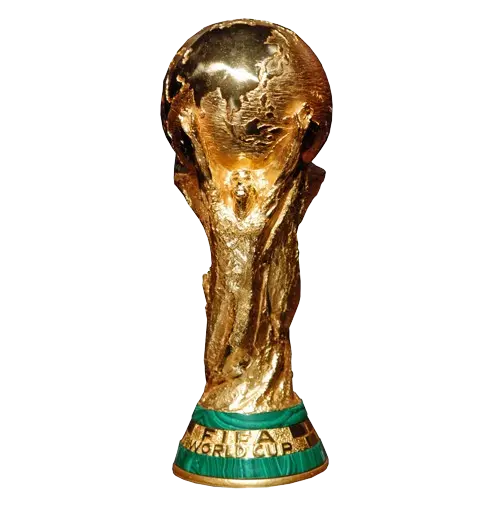
World Cup x1
- 1966 (England)
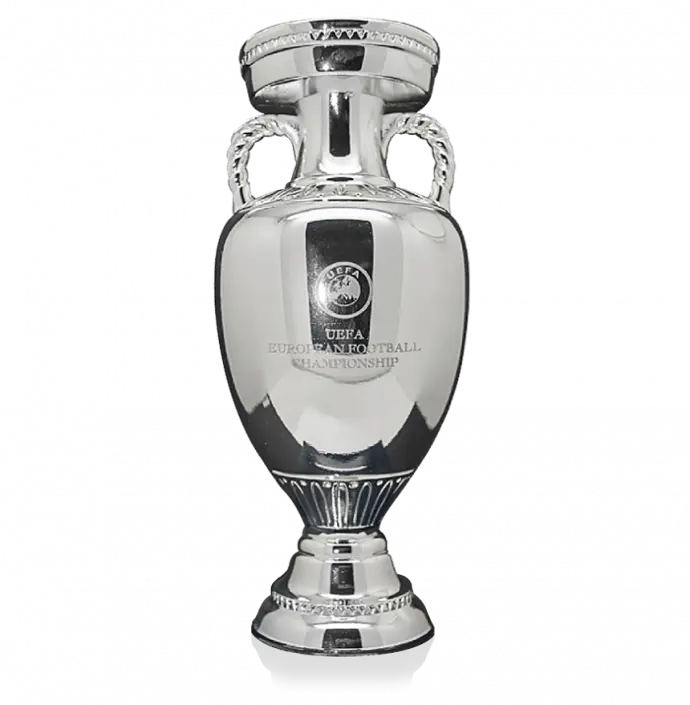
3rd at Euro x1
- 1968 (England)
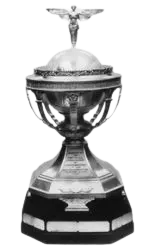
British Home Championship x9
- 1964 (England)
- 1965 (England)
- 1966 (England)
- 1968 (England)
- 1969 (England)
- 1970 (England)
- 1971 (England)
- 1972 (England)
- 1973 (England)

Finalist British Home Championship x2
- 1963 (England)
- 1967 (England)
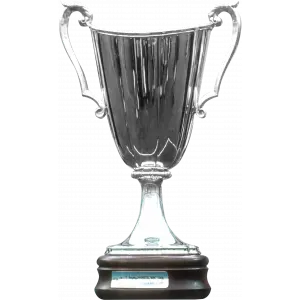
Cup Winners Cup x1
- 1965 (West Ham)
International Soccer League x1
- 1963 (West Ham)
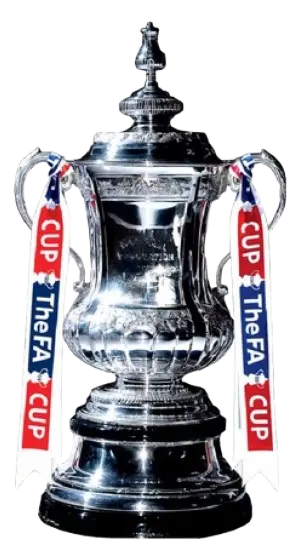
FA Cup x1
- 1964 (West Ham)

Finalist FA Cup x1
- 1975 (Fulham)
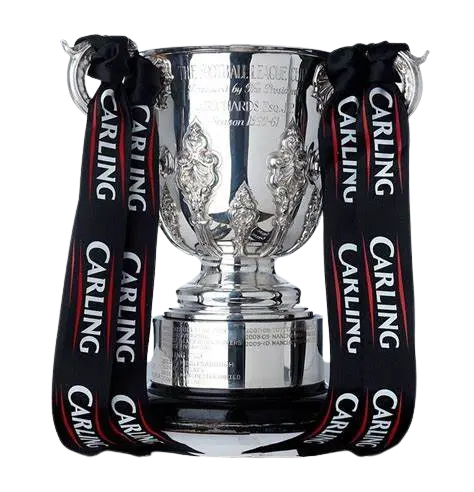
Finalist English League Cup x1
- 1966 (West Ham)
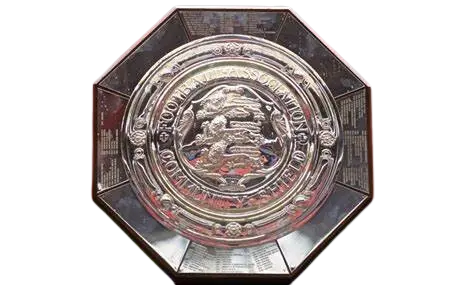
Community Shield x1
- 1964 (West Ham)
Individual Trophies :
- Silver Ball in 1970
- 2nd best player in the World Cup in 1966
- Voted FWA Footballer of the Year in the English Premier League in 1964
- Voted UEFA's "Golden Player" of the last 50 years for England in 2003
- Voted West Ham's Player of the Year in 1961, 1963, 1968 and 1970
- Voted MVP of the International Soccer League in 1963
- Named to the 1966 World Cup Team of the Tournament
- Named to the 1968 Euro Team of the Tournament
- Named to the World Team of the 20th Century
- Named to the 1994 World Cup All-Time Team of the Tournament
- Appointed Officer of the Order of British Empire in 1967
- Included among the 100 Legends of the Football League
- FIFA Order of Merit in 1996
- Inducted into the English Football Hall of Fame in 2002
- Voted Sports Personality of the Year by BBC Sports in 1966